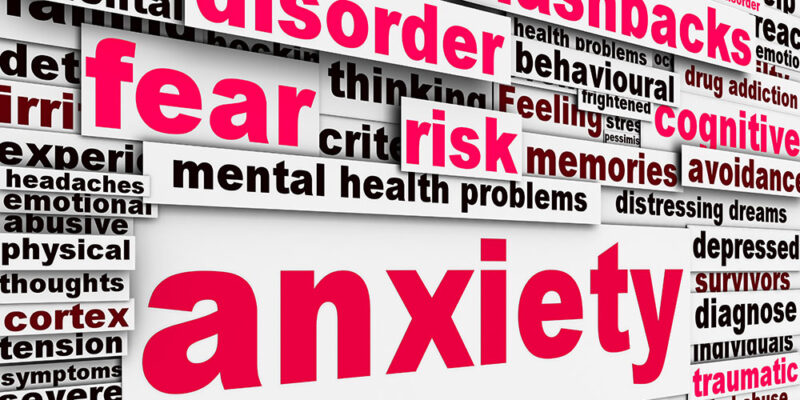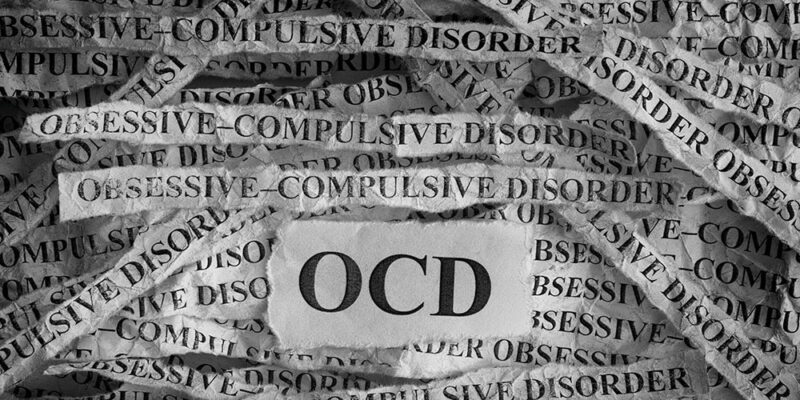Although depression is the most widely known type of postpartum reaction, a great many women suffer from various forms of anxiety as well.
Prevalence is estimated at between10% and 26%.
Anxiety is a psychological and/or physiological state in which a person feels a lack of tranquility, with fear, tension, excessive worry about a real or an imagined threat and a feeling of helplessness to do anything about it. Some women describe their state of anxiety as perpetual tension, agitation, or disproportionate worry, and may include an inability to enjoy the new baby.
Anxiety may be accompanied by the following symptoms:
Physiological symptoms: heart pounding very quickly, rapid pulse, shortness of breath, nausea, vomiting, diarrhea, pain in the chest, stomach, and/or head, blurry vision, dizziness, and weakness. There may be a rise in blood pressure, sweating, paleness, widening of the pupils, trembling, tingling in the hands and feet.
Psychological symptoms: mental agitation, tension, fearful thoughts, a feeling of vulnerability, extreme dependency on others.
Many people who have anxiety also experience panic attacks. A panic attack may come suddenly at any time or any place. A person who is experiencing a panic attack may have the feeling that she is going to faint or that she is going to die. Of course this precludes any physical medical situation which the person may have. A medical checkup is required in order to rule out conditions which may have similar symptoms. Where there is no other medical condition indicated, this reaction is not dangerous but it is extremely uncomfortable and frightening.
There are many options to help alleviate or greatly reduce these symptoms. Cognitive Behavioral Therapy (Link to F) is the therapy of choice, most often accompanied by medication which is prescribed by a psychiatrist. One should be treated only by experienced professionals.
Recent Comments
No comments to show.
 ניצה
ניצה




